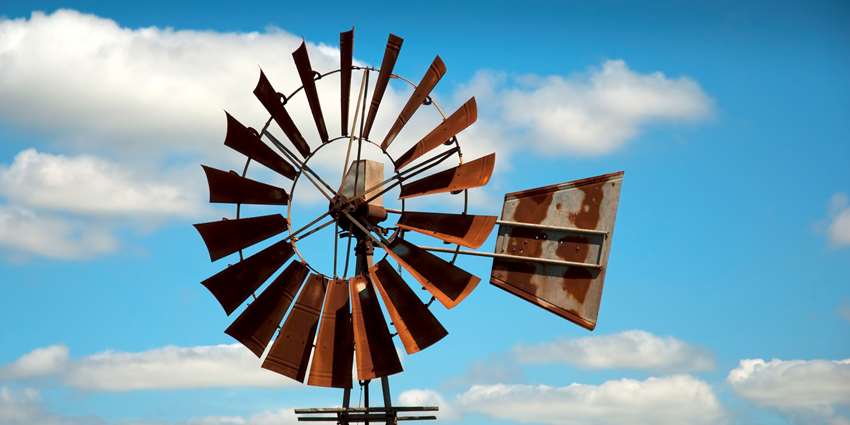The Texas Well Owner Network will present water well screenings in March in Mills, Llano and Lampasas counties to give residents the opportunity to have their well water screened.
The screenings are presented by the Texas A&M AgriLife Extension Service offices in these counties, in partnership with the Texas Water Resources Institute.
“Private water wells should be tested annually,” said Dr. Diane Boellstorff, associate professor and AgriLife Extension water resource specialist. “It is very important that only sampling bags and bottles from their respective AgriLife Extension office be used and all instructions for proper sampling are followed to ensure accurate results.”
Dates, times and locations for the screenings will be:
- March 6, 8:30–10 a.m. at the AgriLife Extension office for Mills County, 1011 Fourth St., which is in the basement of the Mills County Courthouse in Goldthwaite. A follow-up meeting to explain screening results will be held at 7 p.m., March 7, at the Mills County Community Center, 1003 Parker St. in Goldthwaite.
- March 7, 8:30–10 a.m. at St. James Lutheran Church, Schorlemmer Hall, 1401 Ford St. in Llano. Sampling bags and bottles can be picked up at the AgriLife Extension office for Llano County, 1447 E. State Highway 71, Unit E in Llano. A meeting explaining screening results will be held at 6 p.m., March 8 also at the St. James Lutheran Church, Schorlemmer Hall.
- March 8, 8:30–10 a.m. at the Lampasas County Farm Bureau office, 1793 N. US Highway 281, Lampasas. Sampling bags and bottles can be picked up at the AgriLife Extension office for Lampasas County, 409 South Pecan St., Suite 102 in Lampasas. A meeting explaining screening results will be held at 6 p.m., March 9 at the Lampasas County Farm Bureau office.
Samples will be screened for common contaminants, including E. coli bacteria, nitrates and high salinity. The cost is $10 for each sample submitted.
Boellstorff said the presence of E. coli bacteria in water indicates that waste from humans or warm-blooded animals may have contaminated the water. Water contaminated with E. coli bacteria is more likely to also have pathogens present that can cause diarrhea, cramps, nausea or other health issues.
“Water with nitrate nitrogen at levels of 10 parts per million is considered unsafe for human consumption,” said John W. Smith, AgriLife Extension program specialist. “These nitrate levels above 10 parts per million can disrupt the ability of blood to carry oxygen throughout the body, resulting in a condition called methemoglobinemia. Infants less than 6 months of age, the elderly and young livestock are most susceptible.”
Salinity as measured by total dissolved solids will also be determined for each sample. Water with high levels may leave deposits and have a salty taste, and using water with high levels for irrigation may damage soil or plants.
Boellstorff said it is important for those submitting samples to be at the meeting to receive results, learn corrective measures for identified problems and to improve understanding of private well management.
For more information on the screenings, call:
- 325.648.2650 for Mills County
- 325.247.5159 for Llano County
- 512.556.8271 for Lampasas County
Learn more about programs offered and find additional publications and resources at Texas Well Owner Network.
The Texas Well Owner Network is funded through a state nonpoint source grant provided by the Texas State Soil and Water Conservation Board.

